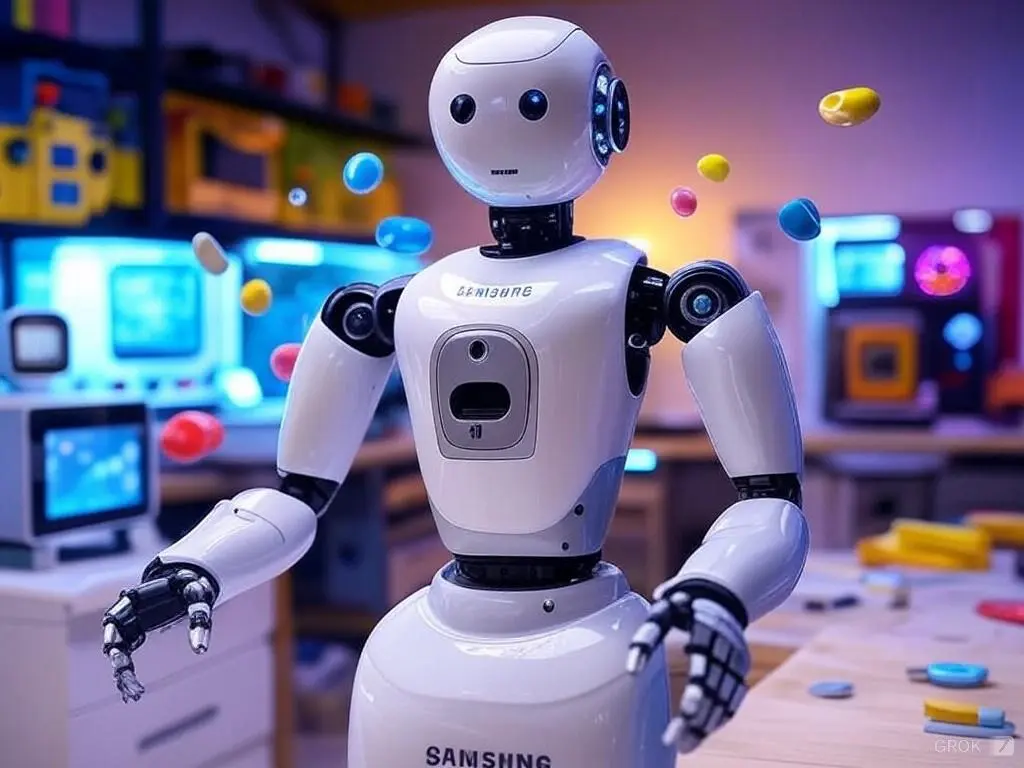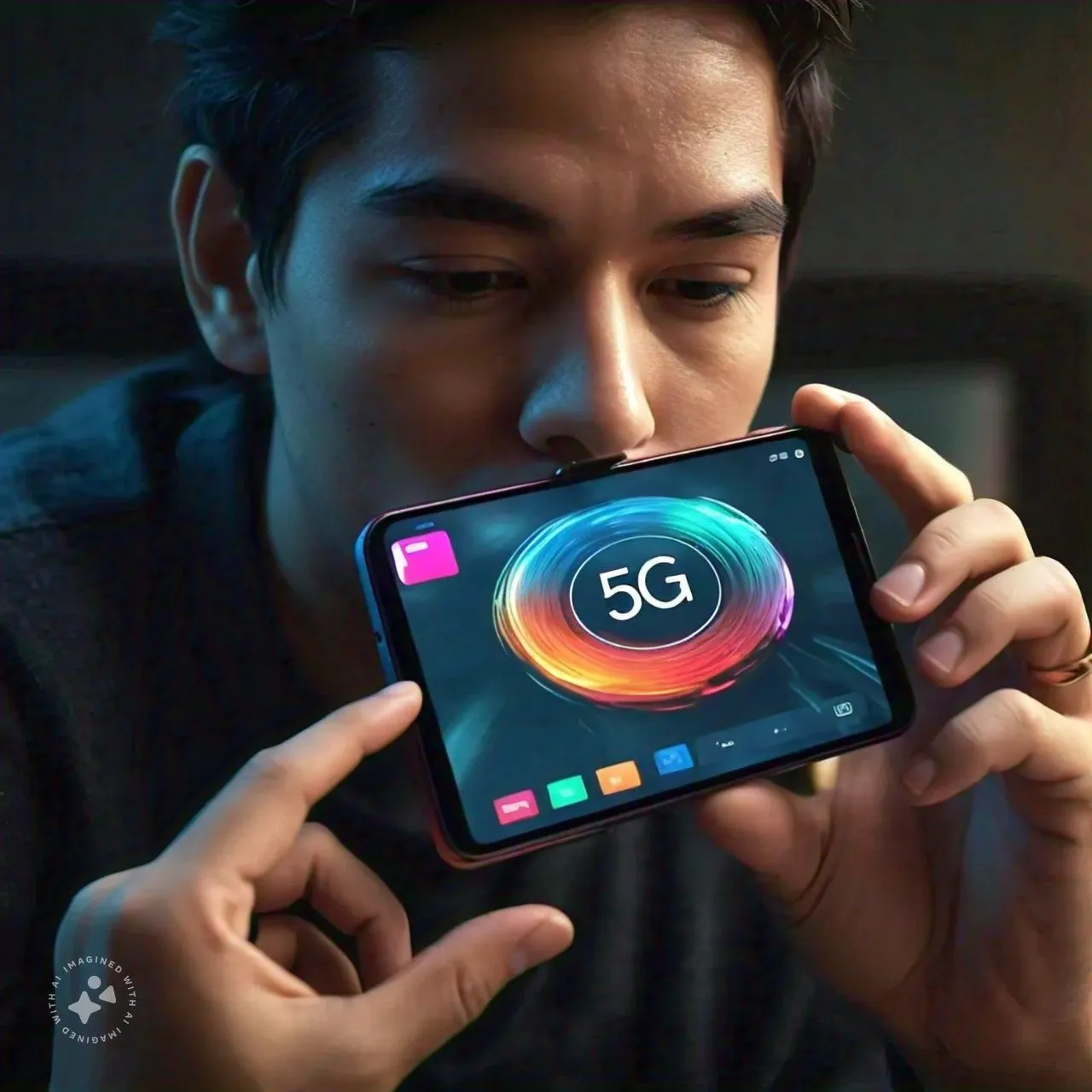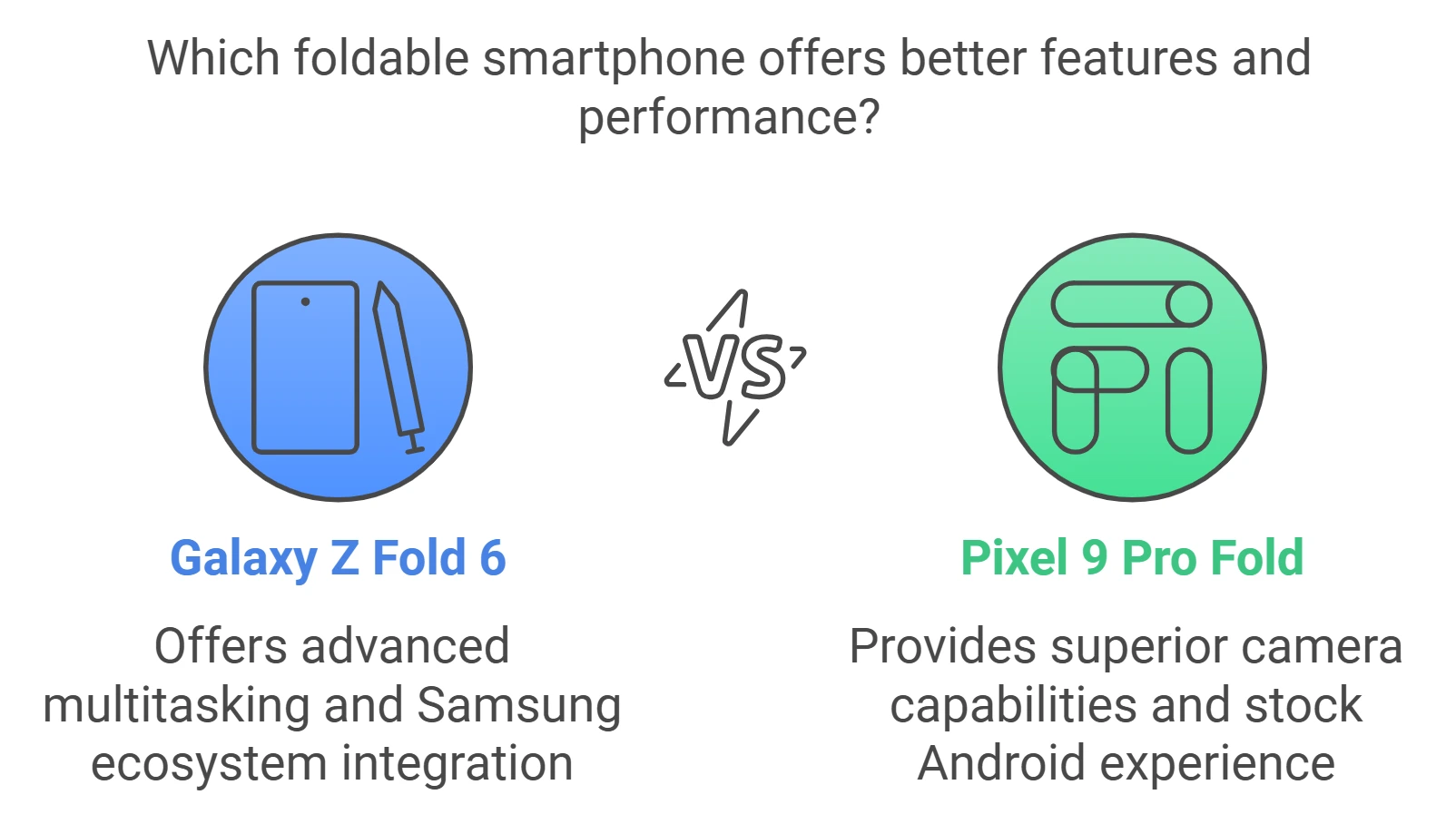
Samsung & Rainbow Robotics: Robot Army Beginnings?
Samsung, the Korean tech behemoth spanning phones to semiconductors, is reportedly eyeing a larger stake in Rainbow Robotics, signaling an intensified push into the robotics arena. This isn’t a new relationship; Samsung already holds equity in the South Korean cobot manufacturer. This potential expansion suggests a serious commitment to robotics.
Details remain scarce, with no official confirmation. However, industry whispers indicate Samsung aims to solidify its position with Rainbow. The core question: why this focus on robotics, and why now?
Several converging factors are at play:
- Pervasive Automation: From factories and logistics centers to hospitals and homes, automation is in high demand. Robots promise increased efficiency, cost reduction, and enhanced safety. This aligns with 21st-century industrial logic.
- AI-Powered Robotics: AI, particularly machine learning and computer vision, is enabling robots to navigate complex, real-world environments with greater autonomy. This marks a significant advance beyond basic automation.
- Samsung’s Synergies: Samsung’s existing expertise in semiconductors, sensors, displays, and software provides a strong foundation for robotics development. This integration creates a significant advantage.
- Competitive Pressures: With other tech giants heavily investing in robotics, Samsung must maintain its competitive edge in this strategic sector.
Rainbow Robotics: A Strategic Asset
Rainbow specializes in collaborative robots (cobots), designed for human-machine teamwork in manufacturing, assembly, and similar settings. The company also develops other robotic solutions, diversifying its market presence.
Increased investment in Rainbow offers Samsung key benefits:
- Accelerated Development: Access to Rainbow’s established technology and expertise streamlines Samsung’s robotics initiatives.
- Enhanced Manufacturing: Integrating robotics into Samsung’s own production facilities promises greater efficiency and competitiveness.
- Market Expansion: The partnership facilitates entry into diverse markets, including healthcare, logistics, and consumer robotics.
The Broader Context: The Automation Era
This potential Samsung/Rainbow development reflects a broader trend: the convergence of AI, robotics, and related technologies to create intelligent, automated systems with transformative potential.
While Samsung’s precise intentions remain unclear, this potential stake increase demonstrates a significant investment in robotics. This development warrants close observation, as it could significantly impact both companies and the wider robotics landscape. The central question remains: is Samsung leading the charge, or simply keeping pace? The reality likely lies somewhere between.
Refrence:
Samsung and Rainbow Robotics (FAQ)
What is the nature of the partnership between Samsung and Rainbow Robotics?
Samsung has increased its stake in Rainbow Robotics to 35%, becoming the largest shareholder. This aims to accelerate advanced robotics development, including humanoid robots. Samsung has also established a dedicated Future Robotics Office reporting directly to the CEO.
Does this signal the beginning of a “robot army”?
While the term suggests military applications, the focus is primarily on industrial, service, and potentially household robots. Though Rainbow has collaborated on a counter-terrorism robot for military evaluation, there’s no indication of a traditional “army” being developed.
What types of robots are likely to be produced?
The partnership will likely produce advanced humanoid robots, cobots, dual-arm mobile manipulators, and AMRs for use in smart factories, logistics, and potentially consumer home assistance. This combines Samsung’s AI/software with Rainbow’s robotics expertise.
How significant is this for Samsung’s robotics strategy?
This is a major step, signaling Samsung’s intent to strengthen its robotics capabilities as a key growth area. Integrating Rainbow allows them to combine their AI/software strengths with Rainbow’s hardware expertise.
What are the implications for Rainbow Robotics?
Rainbow gains access to Samsung’s global sales network, expanding its international reach. They also benefit from Samsung’s resources for technological advancement and R&D funding.
Are there any concerns or criticisms?
General concerns include potential job displacement from automation, privacy issues with AI-driven robots, and ethical considerations surrounding robot deployment. While not the focus, military applications of robotics could also raise ethical and security concerns.
What is the timeline for these developments?
Samsung has already increased its stake, with the deal expected to close by February 2025. Deployment of new robotic technologies will likely take several more years due to development, testing, and market readiness.








